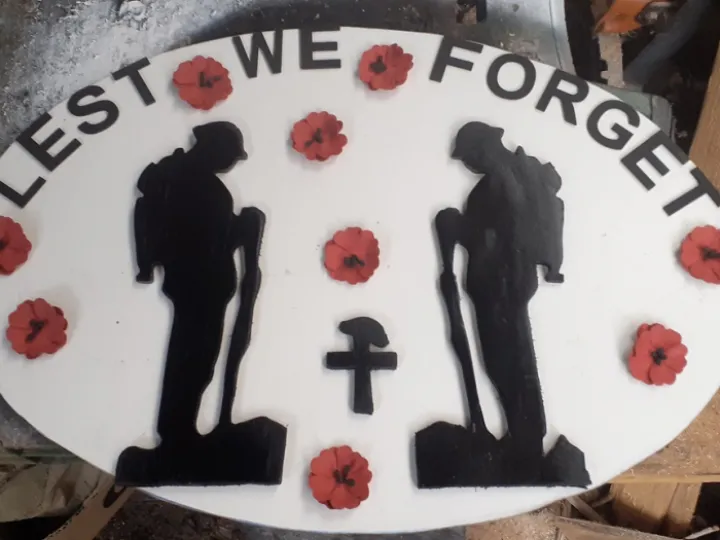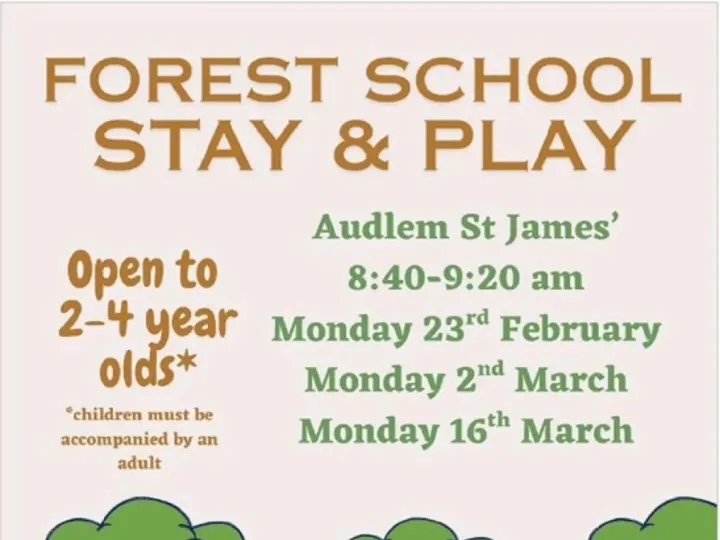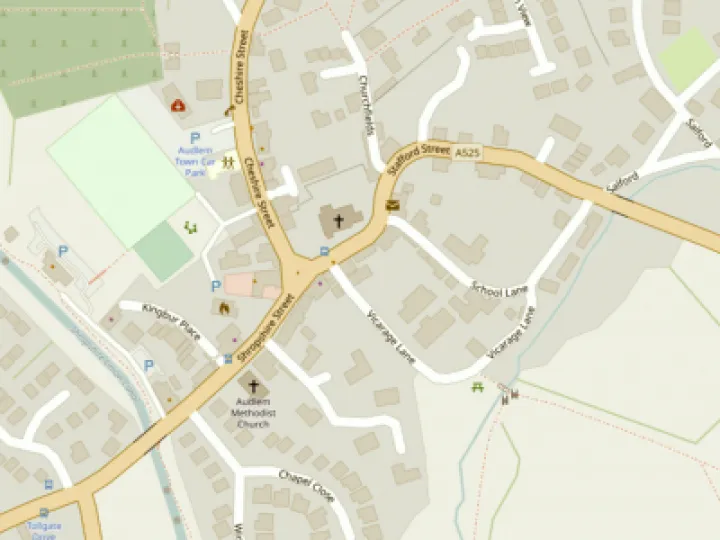Remembrance Day 2025 Reflection
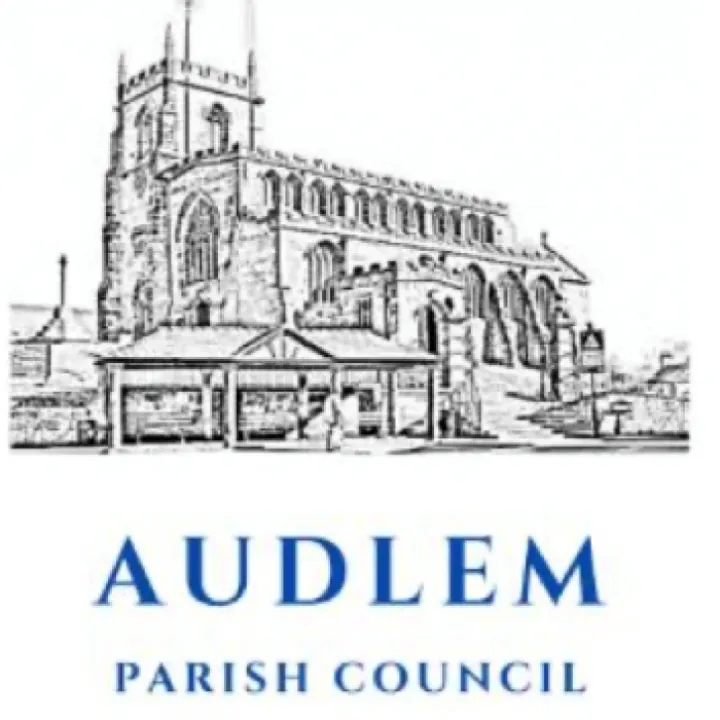
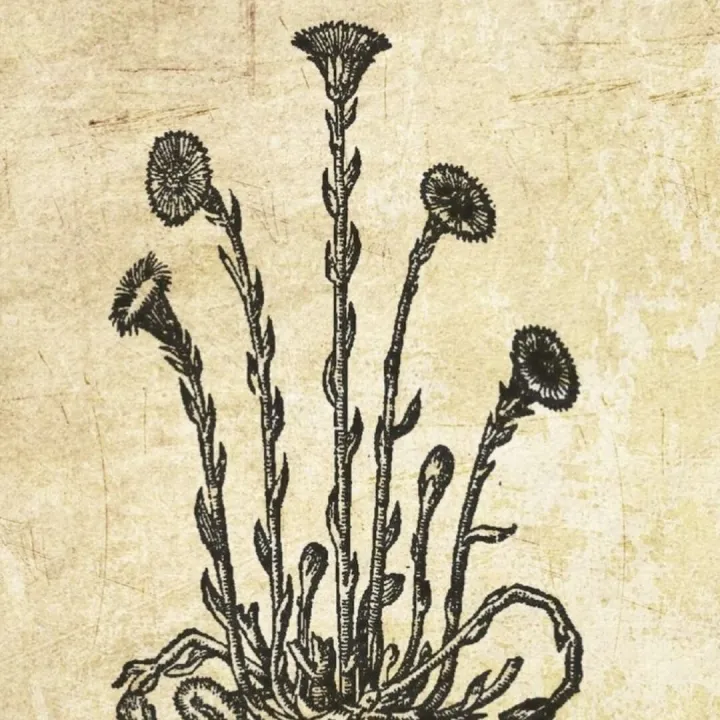


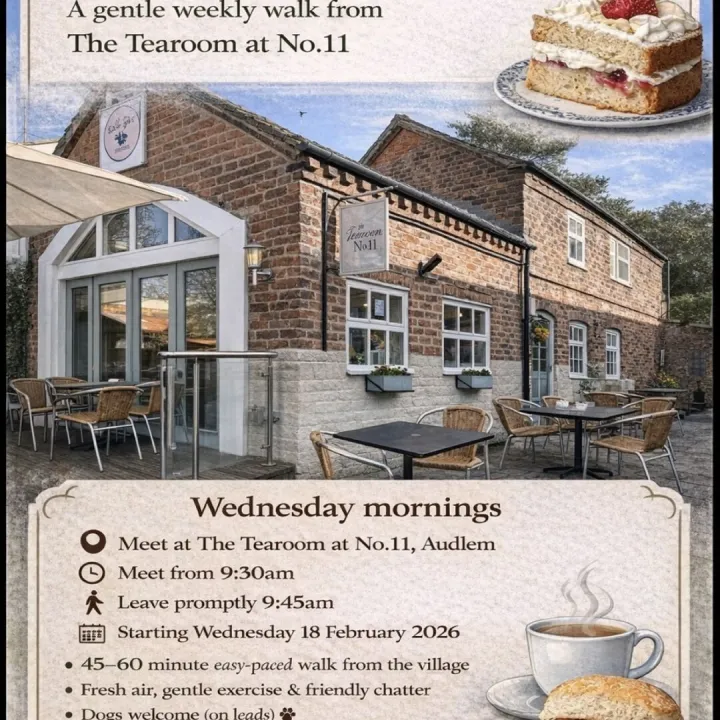
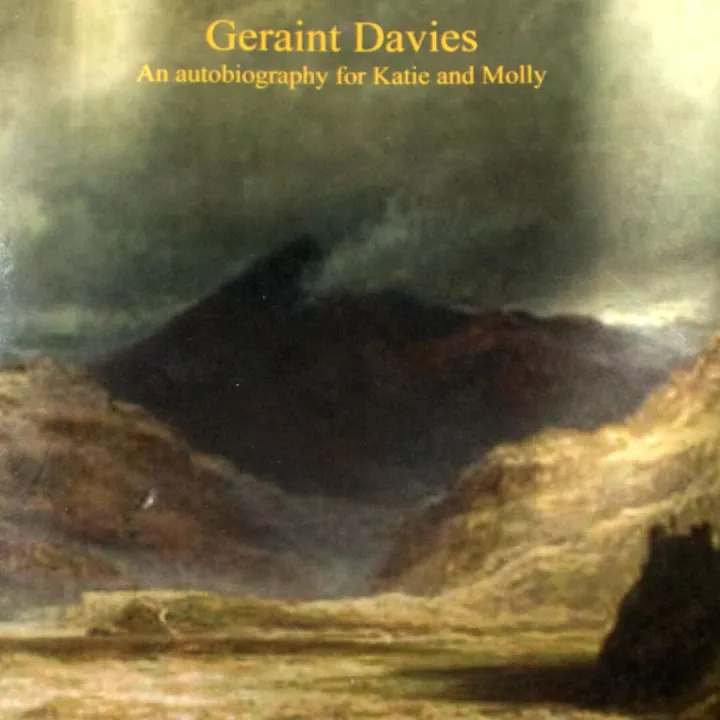
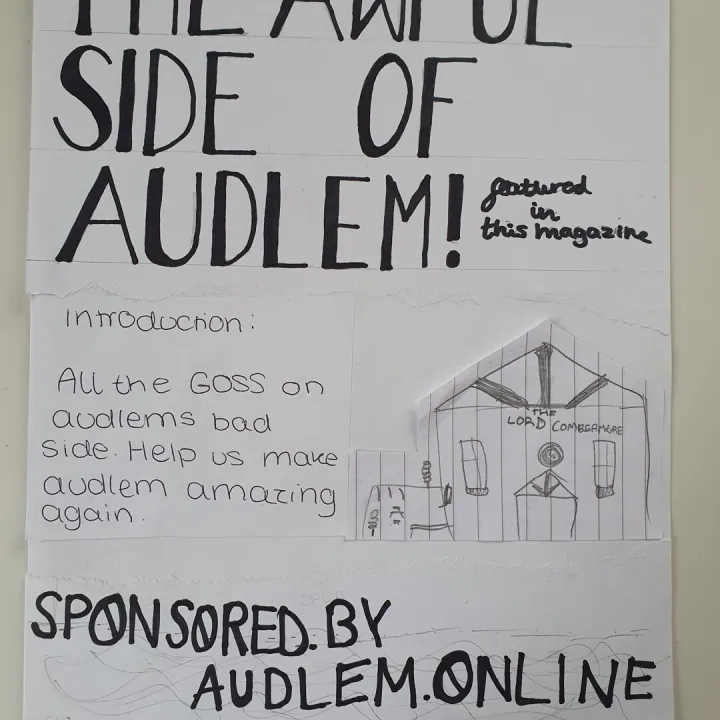

Ed : many residents found Sunday's Remembrance service particularly moving- it was conducted by Anglican lay preacher Ann Draper, Methodist minister Rev'd Obeth Thevanssen, and Baptist minister Alan Paterson. Ann has kindly sent us her reflections below, which we publish today being Armistice day .
Bible Reading John 15 : 9-17
As the Father has loved me, so I have loved you; abide in my love. 10 If you keep my commandments, you will abide in my love, just as I have kept my Father’s commandments and abide in his love. 11 I have said these things to you so that my joy may be in you, and that your joy may be complete. 12 This is my commandment, that you love one another as I have loved you. 13 No one has greater love than this, to lay down one’s life for one’s friends. 14 You are my friends if you do what I command you. 15 I do not call you servants any longer, because the servant does not know what the master is doing; but I have called you friends, because I have made known to you everything that I have heard from my Father. 16 You did not choose me but I chose you. And I appointed you to go and bear fruit, fruit that will last, so that the Father will give you whatever you ask him in my name. 17 I am giving you these commands so that you may love one another.
Reflections
A young English boy went with his father to the Tyne Cot cemetery at Ypres in Belgium and saw the rows and rows of headstones from men who died in WW1. Here are buried or commemorated nearly 12,000 Commonwealth servicemen. Over 2/3 of the burials are unidentified graves. The TYNE COT MEMORIAL forms the north-eastern boundary of the Cemetery and commemorates a further 35,000 servicemen from the United Kingdom and New Zealand who died in the Ypres region after 16 August 1917 and whose graves are not known. The boy’s father explained that each headstone represented someone who had died. The boy was puzzled and said: ‘But I thought you said we had won?’
Today is not really a celebration of a victory; it’s a day we remember those who didn’t come home, killed before any decisive victory was achieved, who gave their lives not knowing the outcome of their sacrifice. Those we commemorate today laid down their life for friends fighting next to them, for friends they would never meet; friends not yet born; the would-be friends in the future, who they wanted to share in the same freedoms and life they had enjoyed.
In the first world war before conscription was introduced there were battalions formed called the Pals battalions. The Pals Battalions committed to keep men together with their friends and colleagues. Pals’ battalions were a uniquely British phenomenon. In a wave of patriotic fervour, thousands of men volunteered for service in Lord Kitchener's New Armies. As part of this, it was realised that local ties could be harnessed for national gain. Many more men would enlist if they could serve alongside their friends, relatives and workmates.
In August 1914, the first Pals battalion began to be raised from the City of London. In a matter of days 1,600 men had joined what became the 10th Battalion, Royal Fusiliers. Lord Derby first coined the phrase 'battalion of pals' and recruited enough men to form three battalions of the King's (Liverpool) Regiment in only a week. The prospect of enlisting with men from their own workplace, or similar businesses, or simply with their mates, was the primary driver in the formation of the Pals. Many employers also played their part with a commitment to maintain wages for family members and to re-employ the troops when they returned. Pals battalions became synonymous with the towns of northern Britain. Men from cities including Manchester, Leeds, Newcastle, Hull, Glasgow and Edinburgh all enlisted in their thousands in 1914 and 1915. But Pals battalions were also raised from Birmingham to Bristol and from Cambridge to Cardiff.
After training, the first Pals battalions began to arrive on the Western Front in France from mid-1915. However, many of the Pals battalions did not see their first major action until the first day of the Battle of the Somme on 1 July 1916. Many of these units sustained heavy casualties, which led to a significant impact on their communities back at home.
In autumn of 1914 almost 10,000 men, (including men from this area) had enlisted into the Manchester Pals. Some of them are named on the Audlem memorial: – Willam Bate, who died age 19 on 30th June 1916, Frank Hobson, together with his friend George Woolrich, they enlisted together on the same day and died on the same day 1st July 1916, the 1st day of the Battle of the Somme age 23 and 20 respectively, together with Richard Viggars age 24 and Douglas Shuker age 22. The impact on such a small village community like Audlem to lose 5 young men in just 2 days is hard to imagine. Four thousand seven hundred and seventy-six men died whilst serving with the Manchester Pals battalions. The men that served within the Pals battalions established a bond of comradeship which would stretch across many decades. In human terms the loss of so many people of such distinctive character and quality proved irreplaceable throughout the depressed years in the 1920s and '30s.
Harry Patch, the last veteran of WW1 to die in 2009, who was decorated in both world wars, had an abhorrence of war that prevented him from speaking about it for most of his life but when he did what he said was unambiguous. “War,” he said, was not worth the loss of one life and was “organised murder and nothing else…The calculated and condoned slaughter of human beings.” The scale and the horror of the war was such that it seemed impossible and unthinkable that it could be repeated and it was called by many ‘the war to end all wars.’ Now imagine for a moment that it had been the war to end all wars. If the men from Audlem and the millions of others had really been the last to fall victim to war; and that the last century had been entirely without war; then this service would feel very different, the world would be very different and we would know that, despite the horrors of the trenches, that something had changed in the hearts and minds of human kind.
But unfortunately, reality is very different and we know that despite the sacrifice of so many lives on the battlefield that it was not the war to end all wars and that many millions more lives have been lost in all the wars and conflicts around the world. This year we have marked the 80th anniversary of the ending of the 2nd world war in 1945, another moment to remember the countless lives lost and the inhumanity of war. I understand that from 1945 to the present day there has only been one year in which a British service person has not been killed in a conflict somewhere in the world. Bearing in mind that most people, most of the time, want nothing more from life than to live in peace in their homes with their families; what is it within humanity that creates this apparently insatiable appetite for war?
In our Bible passage today the word ‘love’ is used nine times. We were created in the image and likeness of a loving God for the express purpose of being a loving people. God says to us in plain and simple terms that we should love one another: ‘This is my commandment, that you love one another as I have loved you.’
A friend is someone who never lets you down. A friend is someone who makes sacrifices for another. I believe if we took the command to love one another sufficiently seriously, if we understood that Christ died to overcome our separation from God and from each other, then we could finally celebrate Remembrance Sunday as truly marking the end of war in our world.
The cross is a sign of peace. But not a peace which is little more than an empty truce – the silence after the guns have stopped firing – but true reconciliation –something worth fighting for. On the cross Jesus confronts the hate, anger, and divisions of the world. And he does it with love. He receives the worst the world can give. And he goes on loving. He lays down his life for his friends. God is a barrier breaking, barricade busting God. Wrongs are forgiven. Those who are separated are brought together. Enemies become friends.
We must look to Jesus’ life as our example for living. For he shows us that it is not security, but community that brings us peace; not alienation, but forgiveness; not conquest, but sacrifice.
Today we remember those who laid down their life for their friends, for us, because such ultimate sacrifice deserves to be remembered and honoured.
I went to see the soldiers by Kenny Martin 2003
I went to see the soldiers, row on row on row,
And wondered about each so still, their badges all on show.
What brought them here,
what life before was like for each of them?
What made them angry, laugh, or cry,
These soldiers, boys and men.
Some so young, some older still, a bond more close than brothers,
These men have earned and shared a love, that's not like any others.
They trained as one, they fought as one,
They shared their last together;
That bond endures, that love is true
And will be, now and ever.
I could not know, how could I guess, what choices each had made,
Of how they came to soldiering, what part each one had played?
But here they are and here they'll stay,
Each one silent and in place,
Their headstones line up row on row
They guard this hallowed place.
Get In Touch
AudlemOnline is powered by our active community.
Please send us your news and views using the button below:
Email: editor@audlem.org

